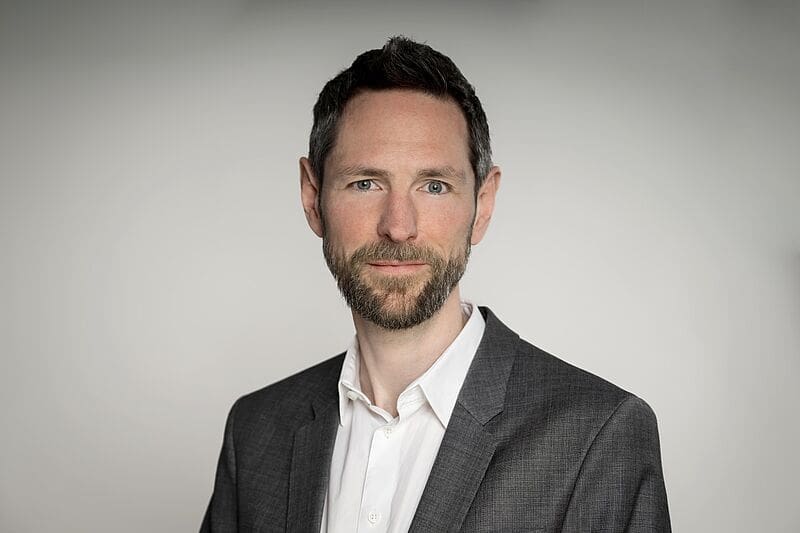ASKED: Interview with Jan Wolter on the 1st AI-generated film of the DGKL
Under the direction of Jan Wolter, Germany’s first AI information film about laboratory medicine was created. While the text and screenplay were penned by Wolters as
MedLabPortal: Mr. Wolter, on the eve of DKLM 2025, there was not only the presentation of the MedLabAwards as a novelty (we reported), but also the premiere of the first and so far only completely AI-generated information film about laboratory medicine. Why did you get involved in such an AI project?
Wolter: That was only logical for me. Laboratory medicine is leading the way when it comes to AI, and we as an office are also using the latest technology. The result shows that we have taken the right path.
MedLabPortal: The film is now available online on various channels, including the DGKL website. Without wanting to anticipate the individual scenes – we were impressed not only by the picture quality but also by the expressiveness of the characters. Why was that important to you?

Wolter: With all the technology and automation that laboratory medicine uses, the focus is on people. It’s all about the health and safety of the patient. As a professional society, we have developed the highest quality standards for this purpose, which are also controlled by round robin tests. That’s why we mainly show people and emotions. It is impressive how well AI now maps these emotions.
MedLabPortal: For viewers, the AI component can no longer be distinguished from the human facet. As an expert in safety in laboratory medicine, this technological progress should also cause you headaches (deep fakes, etc…).
Wolter: To be honest, I am surprised by the sudden alarmism. This development was foreseeable. Almost ten years ago, corresponding technologies were already on the market to produce deepfake videos. In my role at the time, I had already warned against the misuse of this technology. But it’s only now, when social media is full of AI-generated videos, that people are talking about the dangers. The more artificial intelligence is used, the more human intelligence is needed. I just sometimes fear that the developments tend to be in the opposite direction.
MedLabPortal: The film radiates a positive mood, in one scene the laboratory manager explains complex relationships to a multicultural team. However, women rarely have executive positions in laboratory medicine, and racism unfortunately also finds its way into everyday scientific life, as a look at the USA shows. Where do you get your optimism from?
Wolter: What is the alternative? Cutting-edge research only works in diverse teams. You could forget about all medical care today without immigration, and anyone who sees women at the stove rather than on the board is harming our business and science location. It is remarkable how backward-looking people sometimes still think, how great the forces of perseverance are in this country to hold on to the old. This does not only apply to role models. In the belief that they have to save the location, they miss the global connection – whether it concerns the energy transition, electrification or digitalization. Even if I sound pessimistic now; but there are also other, more progressive forces. In this context, it should also be mentioned again that the DGKL Presidium will be led by a woman from January 2026.
MedLabPortal: The film is very informative, told in a medically correct way and has a comprehensible narrative thread. Would the DGKL make it available to schools and universities as teaching material?
Wolter: The film is open to the public. Since we have deliberately avoided product placement, it can also be shown in schools without hesitation.
MedLabPortal: Our last question: What is your next AI movie about?
Wolter: I’ll ask Le Chat.
MedLabPortal: Thank you for your time.
The questions were asked by Vlad Georgescu
The film to watch: Laboratory medicine accompanies life
Editor: X-Press Journalistenbû¥ro GbR
Gender Notice. The personal designations used in this text always refer equally to female, male and diverse persons. Double/triple naming and gendered designations are used for better readability. ected.




